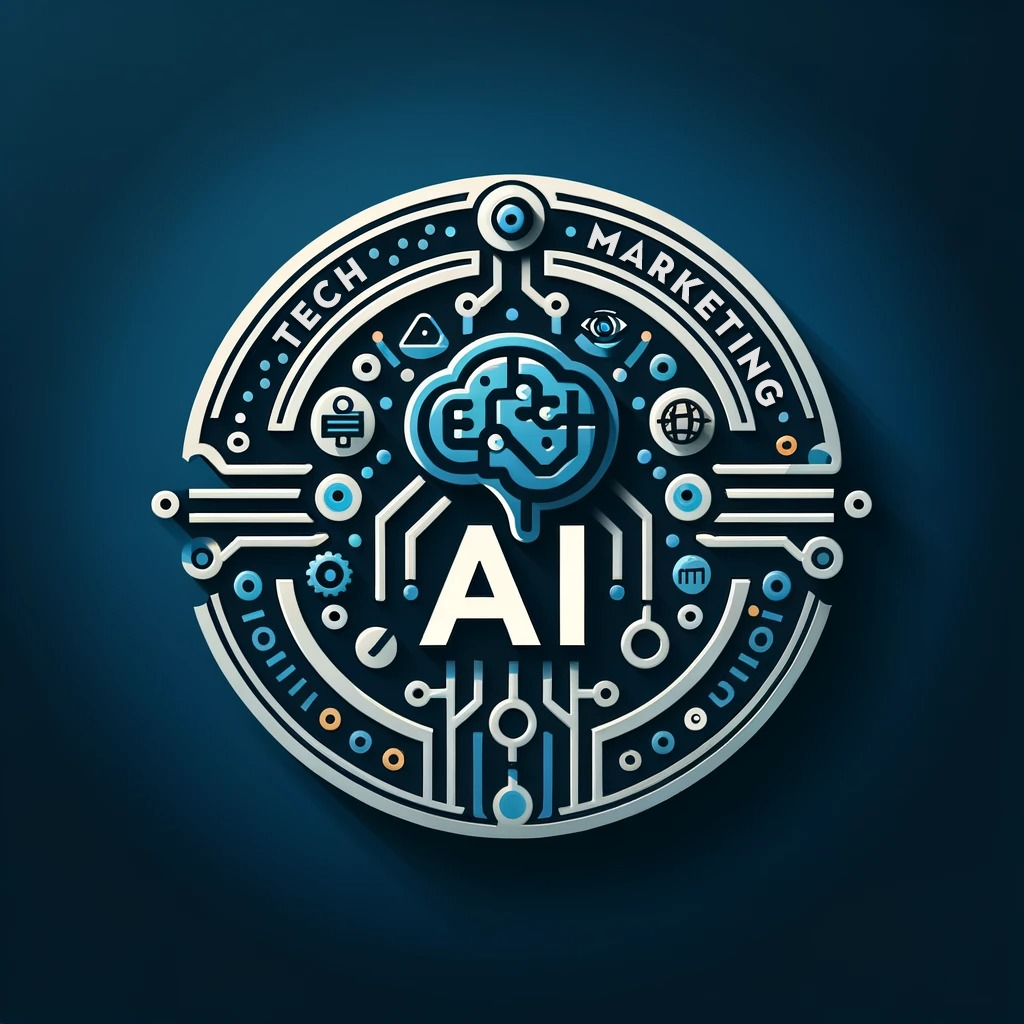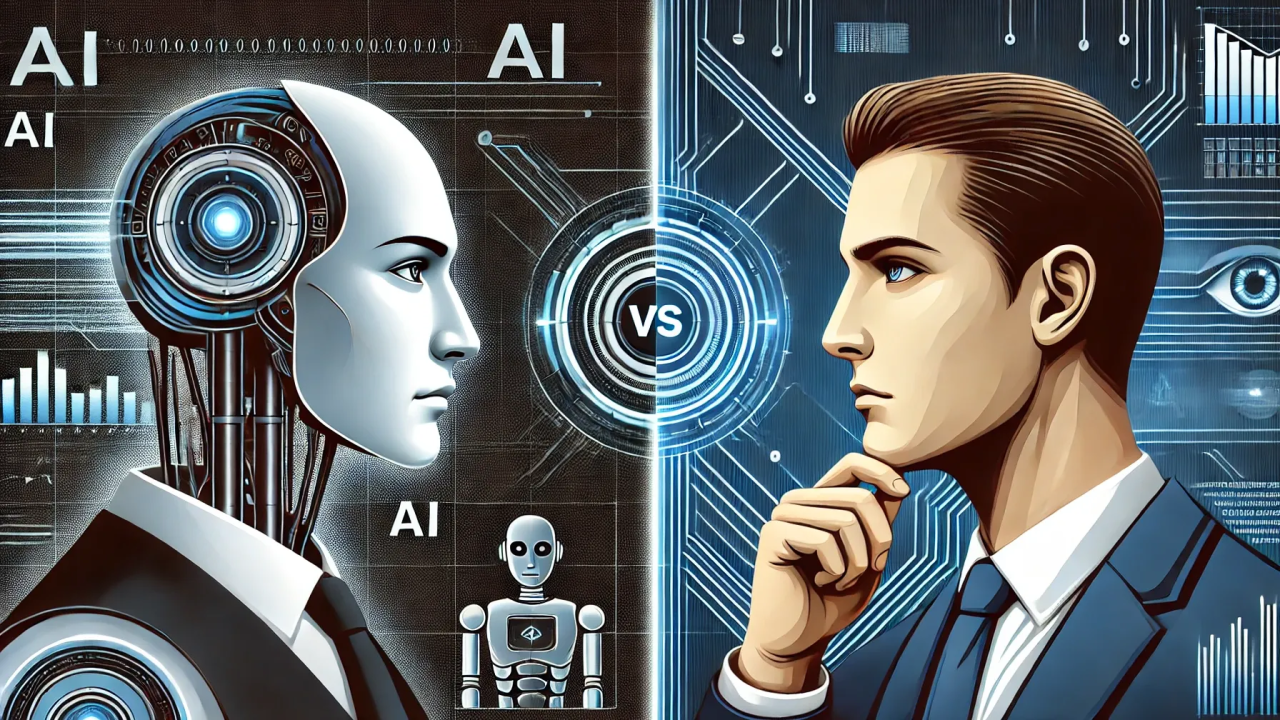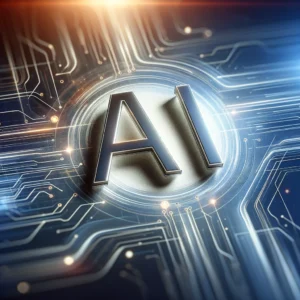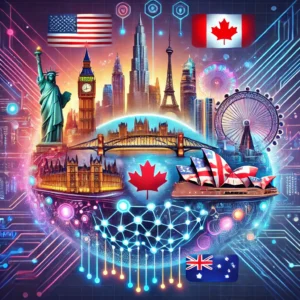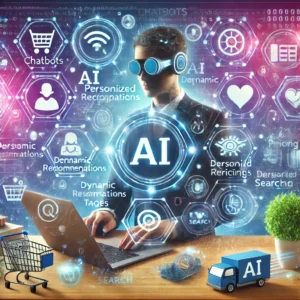In today’s fast-evolving world, artificial intelligence (AI) is no longer a futuristic fantasy—it’s a living, breathing part of our daily lives. From voice assistants like Siri and Alexa to advanced chatbots and self-driving cars, AI is reshaping everything we know about work, communication, and even creativity. But this raises a critical question: Are we creating our own replacement?
Let’s dive deeper into how AI is transforming humanity, whether it poses a threat to human roles, and what the future could look like.
The Rise of Artificial Intelligence
Artificial Intelligence has seen explosive growth over the past decade. Machine learning, deep learning, and natural language processing have revolutionized industries such as healthcare, education, finance, and manufacturing. AI is capable of tasks that once seemed exclusively human: diagnosing diseases, composing music, writing stories, and even creating art.
Big companies like Google, Amazon, Microsoft, and OpenAI are pouring billions of dollars into AI research and development. Their goal? To create smarter, faster, and more human-like systems. The more progress we make, the more it seems that AI could potentially outperform humans in many tasks.
How AI Is Replacing Human Jobs
One of the biggest concerns is automation and its impact on the workforce. According to studies, by 2030, up to 30% of jobs could be automated. Robots and AI systems are already replacing workers in industries like:
- Manufacturing and assembly lines
- Customer service with AI chatbots
- Financial analysis and trading
- Transportation with autonomous vehicles
- Healthcare diagnostics and surgery assistance
This shift isn’t limited to blue-collar jobs. Even lawyers, journalists, and artists are feeling the pressure as AI tools become increasingly sophisticated.
Examples of Job Replacement
- Manufacturing: AI robots streamline production faster than humans.
- Retail: Self-checkout systems reduce the need for cashiers.
- Transportation: Self-driving trucks are starting to transport goods.
- Healthcare: AI diagnoses can be faster and more accurate.
- Content creation: AI writes blogs, stories, and even scripts!
Will AI Ever Fully Replace Humans?
While AI excels in repetitive, data-driven tasks, it still lacks essential human qualities like empathy, critical thinking, creativity, and emotional intelligence. These traits are hard, if not impossible, to replicate artificially.
Humans possess intuition and ethical reasoning, qualities vital for decision-making in unpredictable, complex situations. AI can mimic human behavior to a certain extent but doesn’t “understand” emotions or morality the way humans do.
In fact, many experts argue that rather than replacing humans, AI will augment human abilities, making us more efficient and powerful.
Collaboration Over Competition
Instead of fearing AI, many industry leaders promote collaborative intelligence—where humans and machines work together. This partnership allows humans to focus on creative, strategic tasks while AI handles tedious, repetitive work.
For example:
- Doctors using AI tools for faster diagnosis but providing human empathy to patients.
- Writers using AI to assist with content ideas but adding personal storytelling flair.
- Engineers relying on AI for complex calculations but making final design decisions.
AI should be viewed as a tool, not a competitor.
Ethical Concerns and Risks
The rapid advancement of AI also raises significant ethical issues:
- Bias and discrimination: AI can inherit biases present in training data.
- Privacy threats: Facial recognition and data mining can invade privacy.
- Loss of control: Advanced AI could operate beyond human understanding.
- Weaponization: Autonomous weapons could be used in warfare.
The need for strict AI ethics and governance is more urgent than ever. Developers must prioritize transparency, fairness, accountability, and human-centered values when creating AI systems.
The Future: Human-AI Symbiosis?
As AI continues to grow, the future may not be a competition but a symbiosis—a deep partnership between humans and machines.
Imagine a future where:
- AI enhances human memory and decision-making.
- Intelligent assistants help manage our daily lives.
- Brain-computer interfaces merge technology and thought.
- AI helps solve global problems like climate change and disease.
This vision portrays a hopeful coexistence where humanity isn’t replaced but empowered by AI.
Embrace, Adapt, Evolve
AI is undeniably changing the landscape of human existence. Rather than fear it, we must embrace, adapt, and evolve with it. By focusing on uniquely human traits like creativity, ethics, and emotional intelligence, we can ensure that AI remains a partner and not a replacement.
The future of humanity with AI will depend heavily on the choices we make today—choices about ethics, innovation, collaboration, and trust.
